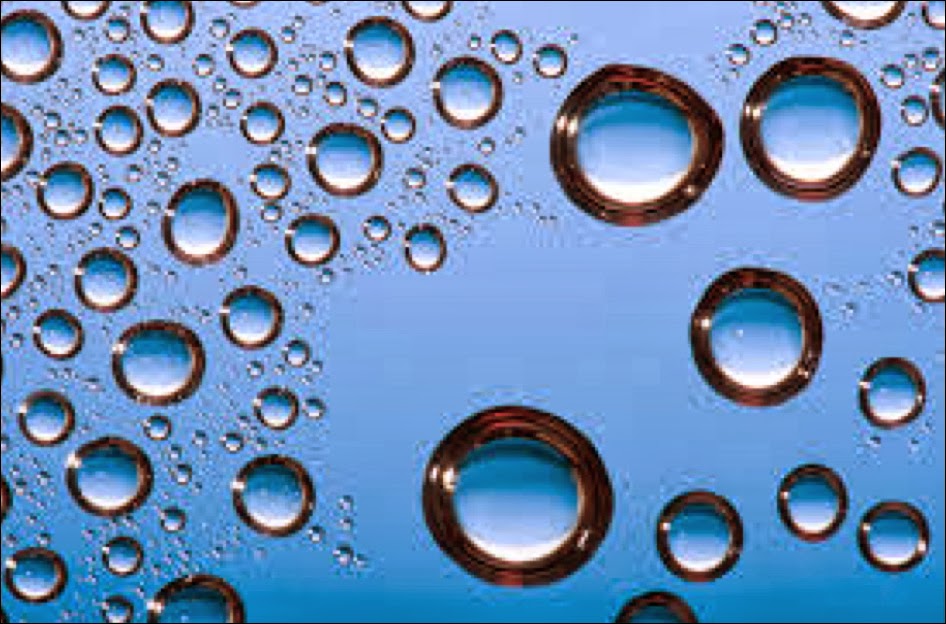 |
| Eliminate all traces of certain hydrophobic glass coatings. |
Testing Glass Coating Products (written by Henry Grover Jr): We are professionals in what we do. So if we are to sell a coating application for window glass we should be able to explain with confidence how long the application will last, and under what conditions it will degrade. We also should be able to define exactly what the benefits will be to the customer. Because it is these benefits that we are selling. There are many different competing products out there. Some of them the customer has direct access to at the local Walmart. Others are now made available on brand new windows, shower doors, and mirrors. We should be concerned with these competing products. Since we will have to offer something better. We will have to offer a personal and professional guarantee.
Longevity is a concern. Some products will wear off in a single day. Others will last for a month. Then there are some that are advertised to last for six months. I have a running test on one that goes back ten years. On dark glass even. It is the suns UVC radiation that is mostly responsible for degrading coatings. Which by the way can be either hydrophobic or hydrophillic. As is demonstrated by the picture above this is determined by the size of water drops. A hydrophillic surface will show much larger drops. If you were to sell a coating as a professional applicator you absolutely would not want to tell the customer the brand name of the product used. In my opinion. The reason is very simple and plain. Each product out there has its own unique advantages. One advantage might be scratch resistance, another longevity, another hydrophylicity, and yet another is resistance to alkali degradation by mineral deposits/hard water spots. If I were to sell a coating application service at a substantial price, I would need direct personal experience with it. So that I could guarantee that it will do what I am applying it for. Sometimes it is possible to demonstrate the application. Such as the hydrophobic/hydrophillic balance. Or scratch resistance. Or even alkali degradation. Longevity is probably the most difficult. Unless you had a very powerful UVC lamp.
Lets look at alkali attack. I have proven that alkali attack at 9 to 9.5 pH will effectively eliminate all traces of certain hydrophobic glass coatings. Simply by putting small two inch droppings of concrete on a test plate treated by the coating in question. Leave the concrete on the horizontal test plate for a full 24 hours then remove. By running the plate under the tap it will become instantly apparent whether the coating has stood up to attack. Hard water reaches a very high pH the last few minutes of a water drops life as the water poofs away. Leaving behind mineral deposits. This high pH is what degrades the coating causing the mineral deposits to cling to the glass surface. If someone hires us to keep spots from sticking to their glass this kind of information would be helpful. But not absolute! We can only be absolutely confident (and get the bigger buck) by proving to the customer that our service will keep spots from sticking to their glass. This can only be done by means of a timed test. If the spots are coming from the efflorescence of the buildings exterior façade the option of diverting the sprinkler heads doesn’t exist.
What about scratching? I developed a very simple test for scratching. Definitely not an ASTM test. Where I just coated one side of a mirror with the product in question. Then I took a broken piece of glass and purposely tried to scratch the entire surface. One product I tested stood out. All other products failed really bad. My first question after this discovery was, will this product stand up to sand in the wind on a windshield? So;...I duplicated sand in the wind by performing a side by side test using a sandblaster set on low. It failed completely. You might look for independent studies done on certain products you are thinking of buying. My advice here however is to buy the product, or get a piece of glass in the mail that has been treated with the product you are thinking of buying, and test it yourself. Believe in your own ability to figure it out. It is your own personal confidence in the service that you are offering that will sell it. Every time!
Henry Grover Jr is currently involved in R&D writing. He writes a column for the Window Cleaning Business Owner magazine called SURFACES, and manages a sub-forum for the Window Cleaning Resource with the same title SURFACES. He is also working in developing what he calls custom products for both the Window Cleaning Industry and others involved in the maintenance, restoration, and preservation of window glass. He has given seminars in the past on glass stain removal/identification techniques, wrote tech articles for the American Window Cleaner Magazine, traveled for consulting work on several famous buildings, and worked in the capacity of a consultant for many window cleaning companies in different parts of the US.
Go to www.glass-smart.blogspot.com to read more.


No comments:
Post a Comment